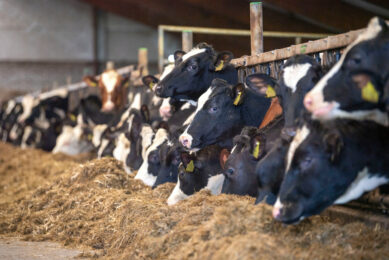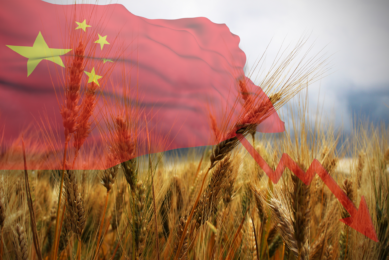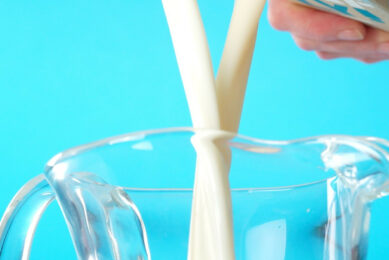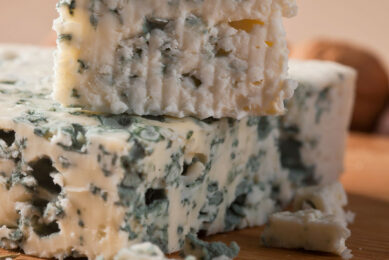China opens its market for Brazilian dairy
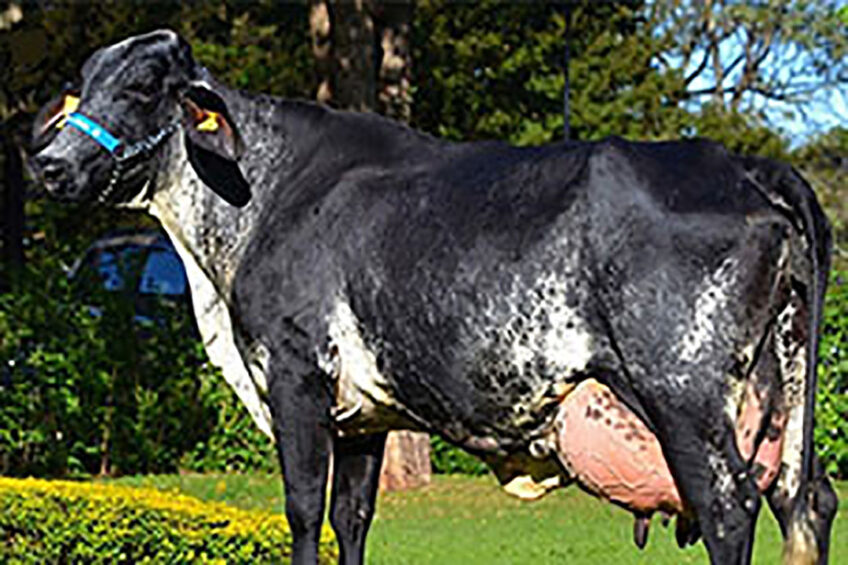
A total of 24 Brazilian establishments have been authorised to export dairy products, including milk powder and cheese, to China, according to Brazil’s Agriculture, Livestock and Supply Ministry.
“This is exceptional news for our dairy sector. It brings hope for a whole industry and millions of workers,” said minister Tereza Cristina Dias.
The agreement was confirmed in 2007, however, no Brazilian establishments were authorised to export. The minister highlighted this agreement during her visit to China in May. Brazil produces 600,000 tonnes of milk powder while China is the world’s largest dairy importer, importing 800,000 tonnes.

Geraldo Borges, president of Brazilian Dairy Producers Association (Abraleite), believes that, initially, Brazil will export only cheese. He says that due to production costs and low productivity level at farms, milk powder needs more time to mature to compete against the likes of New Zealand, Europe and the US. “Increasing both domestic consumption and exports are needed in order to achieve a more balanced milk production chain in Brazil,” he said.

According to Viva Lácteos, an association within the Brazilian dairy industry, it is anticipated that Brazil will export US$4.5 million in cheese to China this year. In 2018, China imported 108,000 tonnes of cheese, with an average annual growth of 13% over the past 5 years. In turn, the Brazilian dairy sector exported to more than 50 countries in 2018, with the biggest importers being Argentina, Chile, Trinidad and Tobago, and Russia.
Join 13,000+ subscribers
Subscribe to our newsletter to stay updated about all the need-to-know content in the dairy sector, two times a week.



